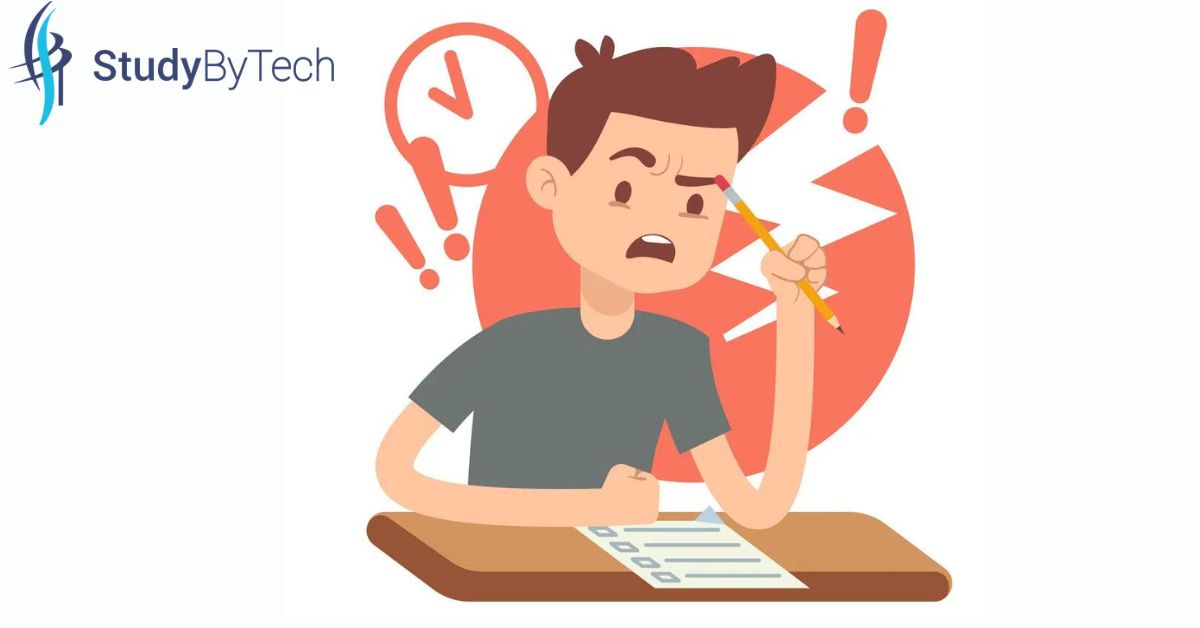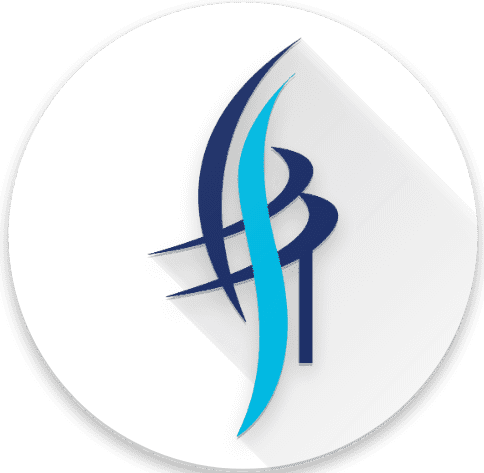
Managing anxiety before the CA exams
Did this ever occur to you? You put a lot of effort into your CA Exams preparation, but when the exam day comes, you find yourself entirely unprepared? Do you become conscious of your sweaty hands and a hollow feeling in your stomach as you sit down before starting your exam?
Examinations for the Chartered Accountancy (CA) are considered to be the hardest tests in the world, and candidates frequently suffer from anxiety or panic prior to these exams. However, feeling stressed might hurt the way you perform and possibly make you fail. We’ll look at a few suggestions and strategies in this post to assist you stay peaceful before CA exams.
If you concentrate a lot of attention on these typical anxiety about exams indicators, your grades and test scores might not accurately reflect your true potential.
Ten techniques are provided here to make sure that anxiety no longer stands in front of your ability to perform at the highest level. Decide one you consider to be of greatest use to you, then start applying them in your life.
- Always make sure to grant yourself sufficient time to study
Your anxiety is likely to increase if you put off studying until the night before an exam. You’ll be in a poor scenario since you will not have enough time to ask questions or look for missing information, you’ll be challenged for time, and you may not have time to do anything.
Start your preparation for the test as soon as it is scheduled, rather than waiting until the last minute. You’ll feel more at ease if you have several days or perhaps a week to prepare because you’ll have had plenty of time to master the information.
2. Take advantage of techniques that decrease examine fear
When you first get the question paper, write down a “memory dump” of the details that you’re afraid you’ll forget on a rough piece of paper.
- Decide how much time to allot for each question by reading through the exam beforehand and calculating the value of each question.
- Start with questions you already know the answers to rather than concentrate on the ones you don’t (but only if you’re permitted to mix the order of your responses) in order to gain confidence.
- Any multiple-choice or True/False section should be the first place you go for collecting knowledge that may assist you in solving additional questions.
- During the exam, take 30-second “mini-breaks” to use a relaxation technique like closing your eyes, resting your hands, and deep breathing.
3. Early Beginning
Starting your study sessions early will help you feel more guaranteed and decrease stress. The CA examinations include a large amount of content to cover. This make sure to include ICAI study material as the 1st preference during your studies. so develop a study schedule and follow it, giving yourself enough time to go over everything you must know.
Join reputed institutes for the CA EXAMS like StudyByTech, to help you improve and do well in examinations.
Good CA coaching classes not only help you in clearing CA Exam but also give guidance at all levels till you achieve your goals.
4. Analyse the Course Content
You can feel less overwhelmed by breaking the course curriculum up into smaller, more digestible parts. Instead than attempting to study everything at once, concentrate on one subject at a time. Go on to the next one after you have that one down.
5. Make time management a habit.
When it comes to reducing anxiety before CA tests, time management is essential. Make sure you are aware of the time rules for each paper and adjust your study schedule accordingly. To assist you in staying on task, set a timer or follow a timetable.
6. Repeatedly revise
You can enhance your memory and improve your sense of knowing by revising regularly. Give yourself a block of time each day to study and practise answering problems from previous exams.
7. Attained Enough Sleep
Sleep is important for both your physical and mental health, and it can affect your ability to recall and learn new things. In the days before your exam, make sure you are getting enough sleep. Make an effort to sleep for at least seven hours each night.
8. Dreaming Success
A strong tool that might make you feel more certain and less apprehensive is imagining. You should close your eyes and visualise passing the exam. Imagine yourself confidently answering questions and feeling good about your performance.
9. Communicate with Others
Don’t be afraid to ask for help if you’re feeling overwhelmed. Share your feelings with a friend, member of your family, or a mentor. Even talking about your issues might sometimes make you feel better.
10. Apply techniques to relax
It’s crucial to have some relaxation techniques at your disposal for when you start to feel anxious. You may relax your mind and reduce tension by doing yoga, meditation, and deep breathing. all great ways to calm your mind and reduce stress.
Conclusion
As a result, planning, time management, relaxation, and support are all necessary to prevent anxiety before CA tests. You might feel more at ease and less worried when it’s time to take your examinations by paying attention to these advice and techniques. Trust yourself and your skills since you have worked hard and been committed to getting where you are. Good luck!
FAQ
Q:What causes students to freak out before CA exams?
A:The deep syllabus and competitive environment of the CA examinations, which are known as among the hardest exams in the world, may leave students feeling stressed and confused. Panic carried on by this stress may have a bad impact on their performance.
Q:What can students do to avoid stress before the CA exams?
A: By starting their study early, splitting the material into manageable parts, using time management strategies, revising often, getting enough sleep, using relaxation techniques, visualising success, and gaining support from friends, family, or mentors, students can avoid feeling anxious before CA examinations.
Q: What are some ways for relaxation that will help you stay calm before your CA exams?
A: Students can benefit greatly from deep breathing exercises, meditation, and yoga, which are all excellent stress-reduction strategies. Walking, listening to music, or engaging in mindfulness exercises are further strategies.
Q:Is it common to have anxiety before CA exams?
A: Yes, it’s normal to have anxiety before the CA examinations because they represent a difficult and significant turning point in a student’s educational and professional career. But extreme anxiety might cause panic, which may affect their performance.
Q:How may visualisation lessen anxiety before CA exams?
A: Before CA examinations, visualisation is a useful practice that may boost students’ confidence and reduce their level of anxiety. Students might increase their self-confidence and lessen their nervousness by imagining oneself taking the exam and performing well.
Q: What is appropriate for students to do if they feel anxious when taking the CA exam?
A:Take a deep breath, close your eyes, and concentrate on your breath for a few seconds if you experience panic throughout the exam. Additionally, they might serve as a reminder to oneself of their preparation and effort. They are free to request a break if required and leave the exam room for a while before coming back.
Q: Can exam performance be impacted by anxiety?
A: In fact, anxiety can make it harder to concentrate and cause interruptions during exams. It may cause a decrease in memory, disorientation, and trouble answering questions, which may ultimately result in a lower score.
Q: What are a few indicators of exam anxiety?
A:There are several symptoms of test panic, such as racing thoughts, shivering, sweating, rapid heartbeat, shortness of breath, feeling woozy or lightheaded, and difficulty focusing.
Q:How can students avoid worry while preparing for the CA exams?
A:Students can prepare for the CA examinations by beginning their study early, segmenting the subject into manageable parts, practising time management, routinely revising, getting adequate sleep, using relaxation methods, visualising success, and seeking out tutors.
